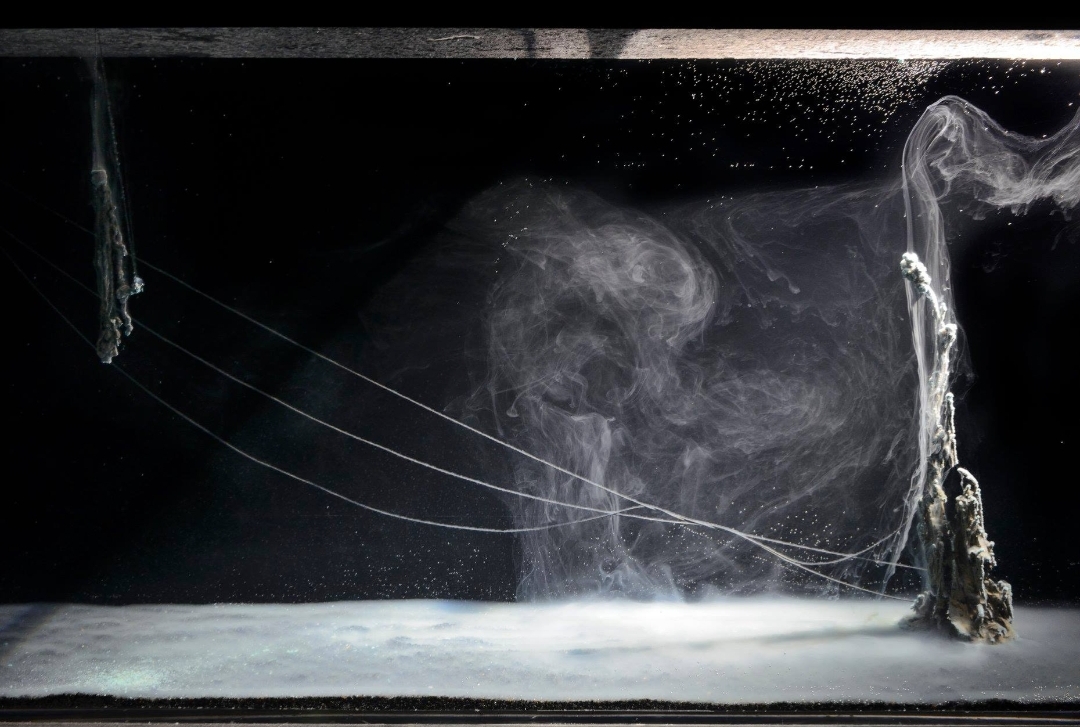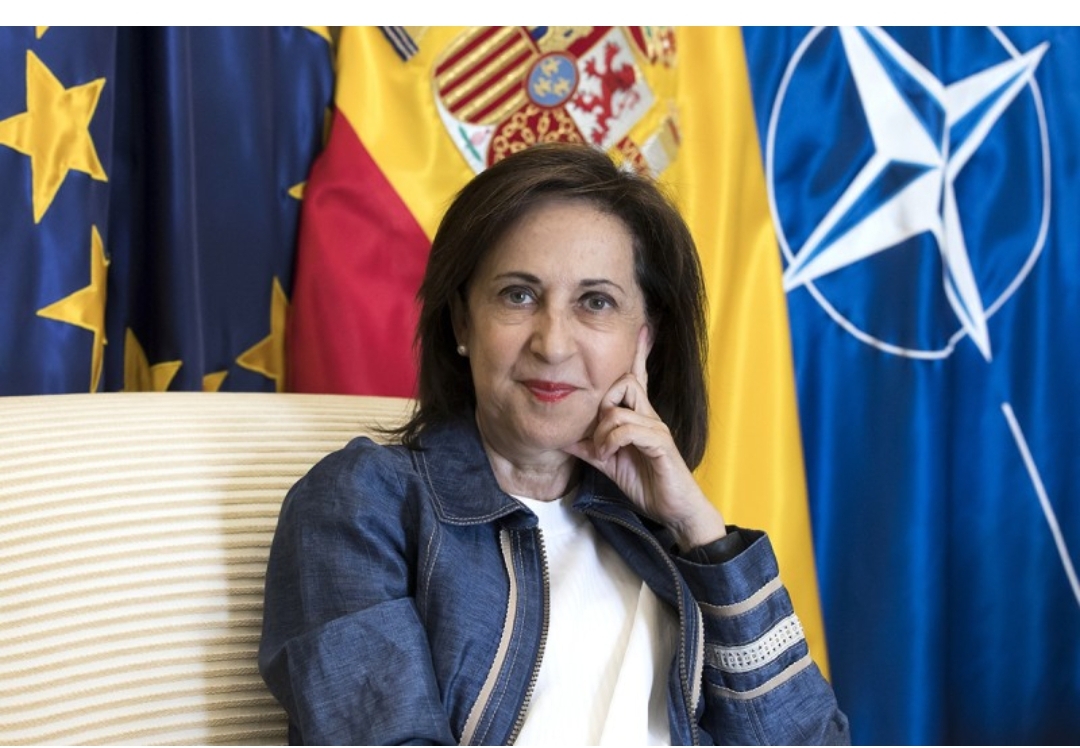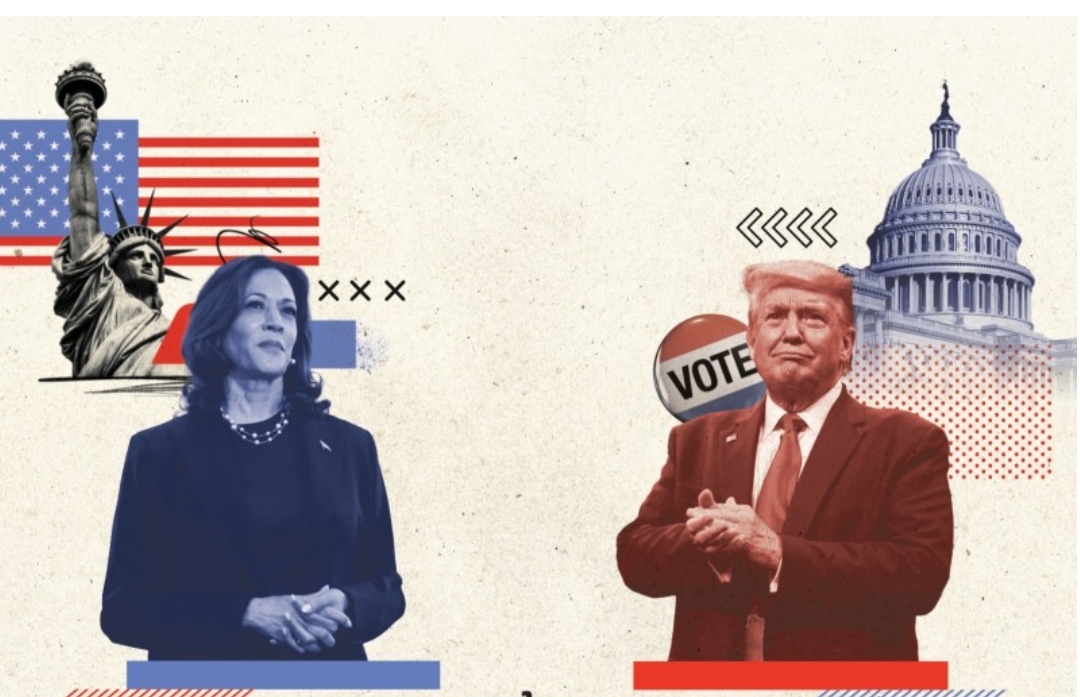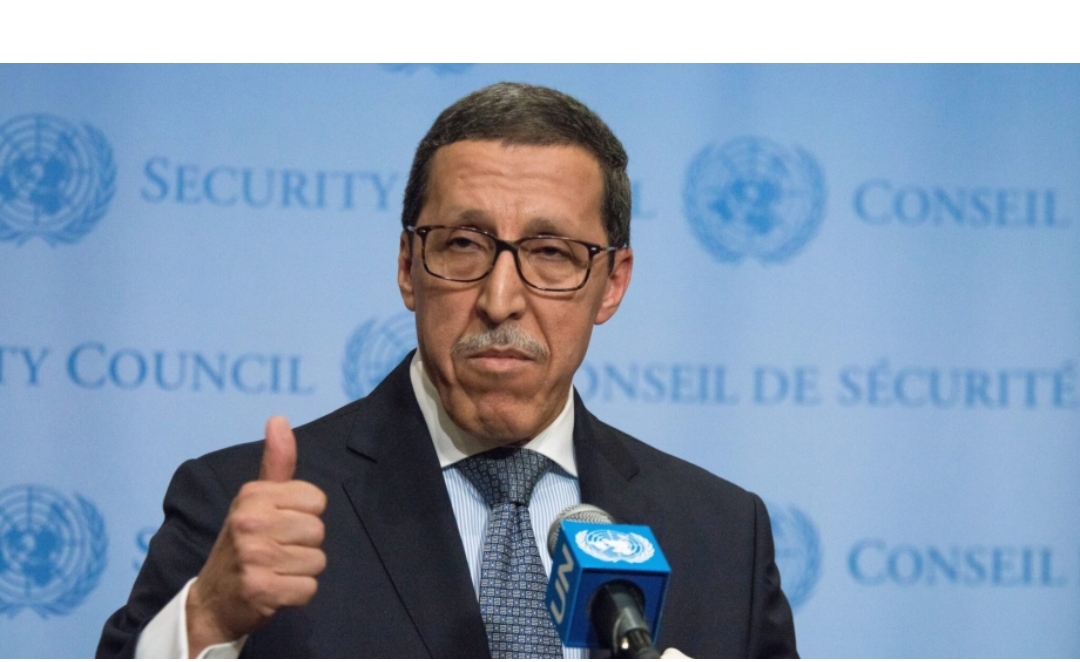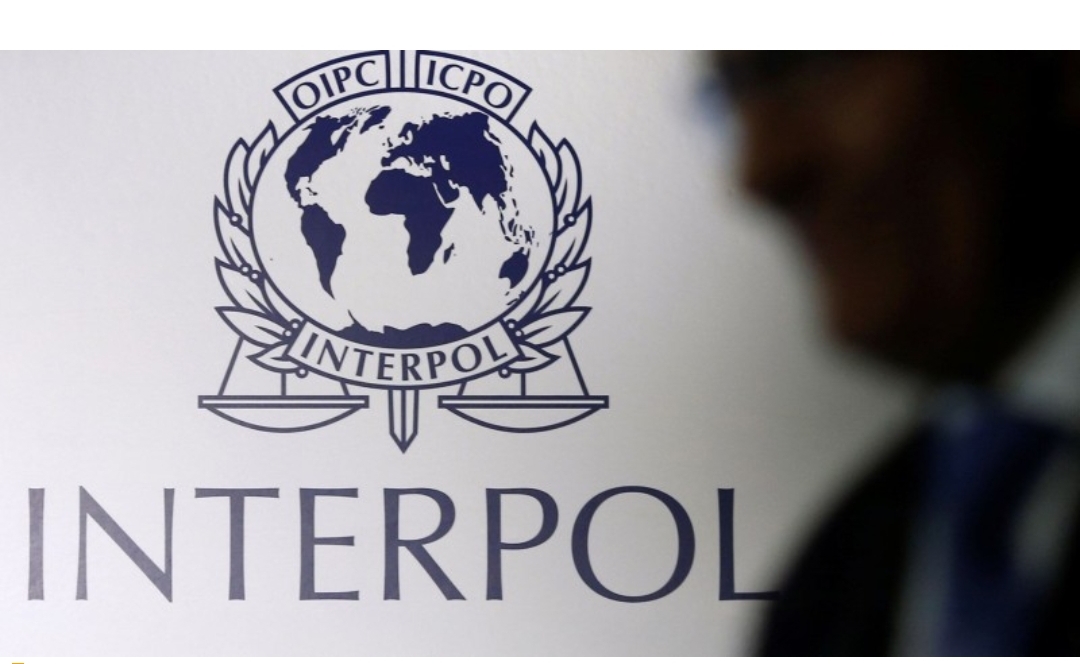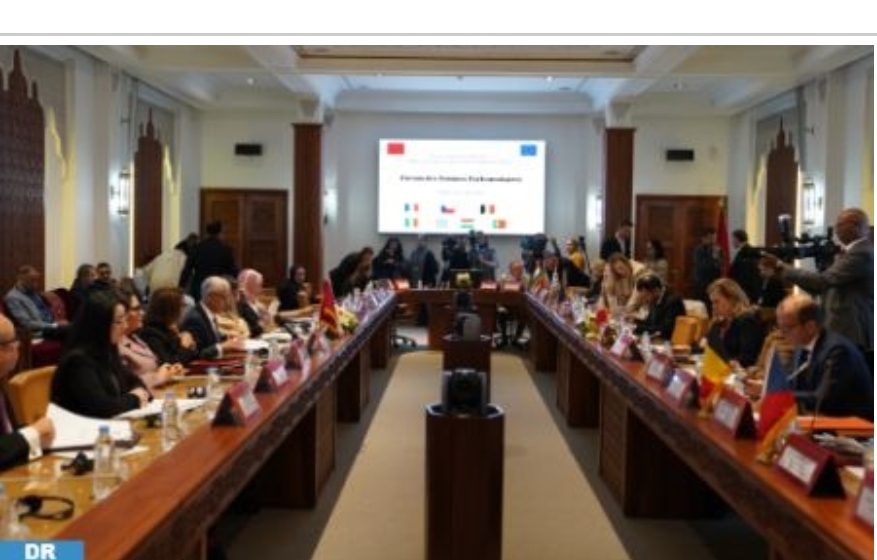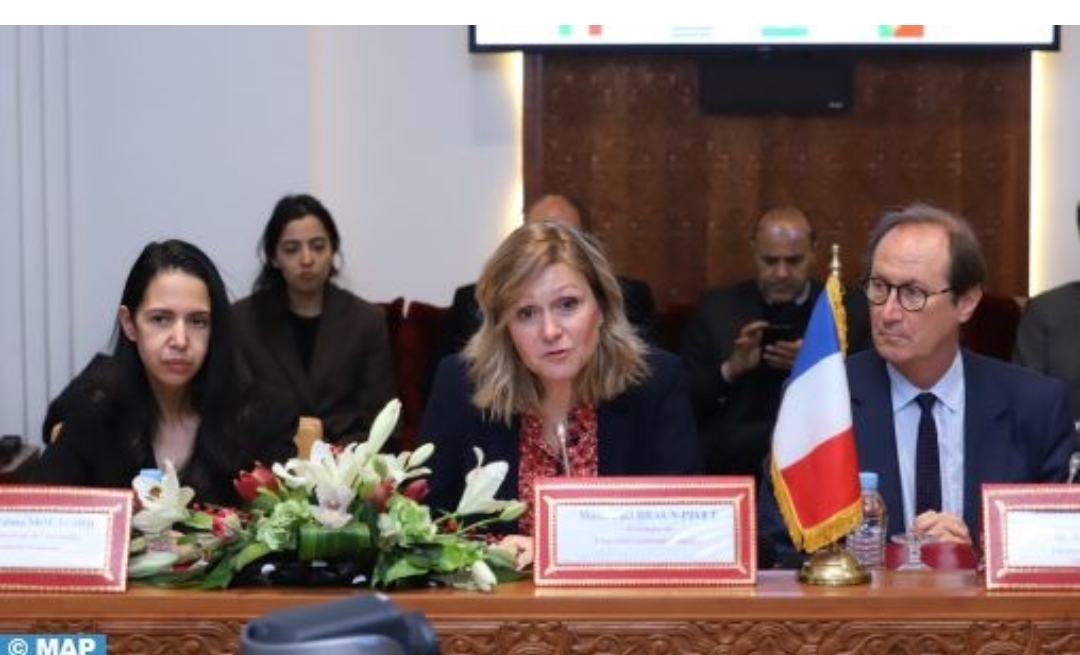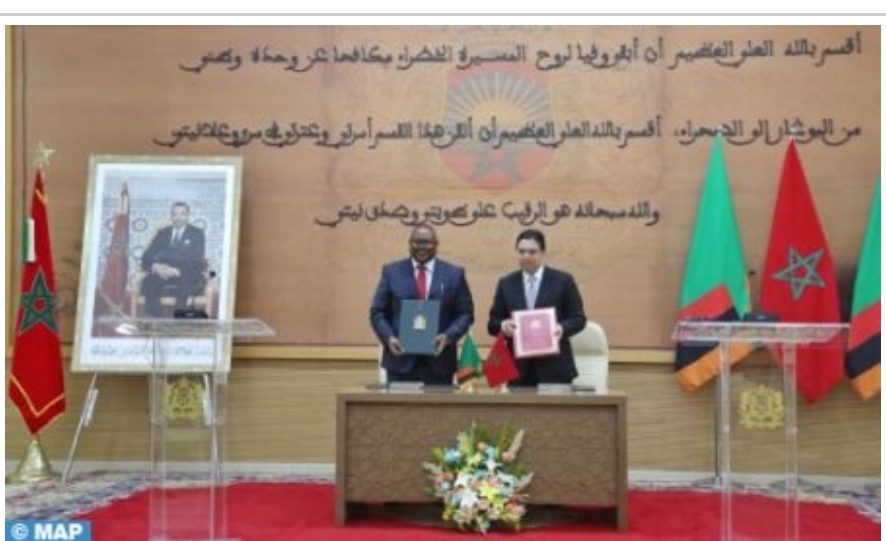Assahafa.com
After an 11-month war against Gaza, Israel and its American ally are hesitating about what to do next. Meanwhile, the entire Middle East region is shaken, as each of the regional players seeks its place in an unstable context.
The latest war in Gaza is unlike previous struggles between Israel and Palestinians. The Palestinian cause is fundamentally about the unfulfilled dream for self-determination by a stateless people. It centers upon land, sovereignty, coexistence, and human rights, all of which were endowed by historical legacy. The ongoing Gazan conflict has transformed into something else entirely. It has become an opportunity for other states to levy moral judgments borne out from their own domestic insecurities and contradictions. It reflects the internal decay of Palestinian governance, Israeli politics, and Western values. It further embodies a dramatic reconfiguration of regional order in the Middle East that no longer abides by old sectarian schisms. In sum, the conflict has embedded Palestine into multiple spheres of external action that extend far beyond the original horizon of the Palestinian cause, leaving Palestinians themselves as the ultimate losers in the short term.
Within Israel, the Gaza War has played into bigger schemes and ironies that stretch beyond the future of Hamas. At a structural level, the conflict has enabled the Israeli government to accelerate its de facto colonization of the West Bank by expanding settlements, restricting the Palestinian Authority further, and halting the movement of Palestinian workers and capital. In Tulkarm and Jenin, Israeli settlers have engaged in the methodical destruction of Palestinian properties.
ISRAEL, LEFT AND RIGHT UNITED
Yet the Gaza War has not reshaped Israeli politics. Instead, it has revealed how normally sharp ideological cleavages now mean little. The Right sees the conflict in Messianic terms. Even if a ceasefire emerges, its radical Zionist ideology will pursue a fight to the finish requiring the end of the Palestinians as a coherent people. The Left has engaged in only milder versions of this cultural trope, which frames Palestine as the perpetual « Other » to Israel. It presided over the impoverishment of the post-Oslo Palestinian Authority with its relentless imposition of security conditions, contributing in its own way to make the two-state solution impossible. If the Israeli Right desires a Palestinian ghetto — or better, the wholesale displacement of Palestinians onto Egypt from Gaza and Jordan from the West Bank —, then the Left prefers a diminished Palestinian rump state. The Left cheered as heartily as the Right when the Israeli military killed hundreds of Palestinians to rescue four hostages. Indeed, the prevailing rift between the two sides concerns not Palestine, but rather issues of secularism and governance within Israel’s state and society.
This has created immense problems for the Netanyahu government. Netanyahu cannot unilaterally disengage from the Gaza War, given the pressures from his coalition. He cannot sustain further occupation and aggression, however, without wreaking more destruction upon Palestinian lives. He cannot eliminate Hamas, only degrade it. Yet continued war also makes a new conflict with Hizbullah unavoidable. Apart from cornering the West into a fruitless war with Iran, the only option is to perpetuate the status quo, which helps Hamas in its own quest to retain power.
For its part, Hamas’ future trajectory has become clearer through the latest war. Hamas knows that it will never be allowed to govern Gaza, which entails the tasks of administration, service provision, and state-building. It is content to retreat into merely ruling rather than governing. So long as Hamas holds power over its fiefdom, its quest to hijack the Palestinian cause will remain intact, as demonstrated by the election of Yahya Sinwar in August 2024, which reflected Palestinian resilience as well as Netanyahu’s extremism. It also cares little for the traditional geopolitical rifts dividing the Arab world from Iran, having moved away from its old alignment with Sunni Islamist movements after the Arab Spring’s sectarianized conflicts and towards Hizbullah and Iran, both of which have provided support.
This approach puts Palestinians on perilous ground. What remains of Palestine faces two futures. It can become « militia-ized », with all politics degenerating into futile competition between Hamas, Fatah, and other factions concerned more with eliminating one another than governing. A second possibility is that it can fold back into an increasingly fractious international system, with America re-imposing the aimless peace plans associated with the Abraham Accords, accompanied by the barren hope that a shrunken Palestinian state entity can still be built upon the wreckage of occupation and war.
A SHAKEN REGIONAL ORDER
Elsewhere in the region, the Gaza War has exposed the internal vulnerabilities of authoritarian states, as well as the shifting winds reshaping the Middle East’s regional order. Iran may appear victorious given its support for Hamas and Hizbullah, but its true gain stems from a shuffling of the geopolitical cards. No longer does the Sunni-Shi‘a split shape its outlook, as in the past two decades. Tehran has repositioned itself as the center, not of the Shi‘a crescent, but of the axis of anti-Western resistance, given its extensive networks of patronage and support to various states and militia movements. It has engaged in rapprochement with Saudi Arabia and the other Gulf kingdoms in the wake of perceived American withdrawal from the region, and discarded the most venomous anti-Sunni rhetoric that previously characterized its foreign policy
Having abandoned its call to overthrow the Sunni Arab regimes, the Iranian leadership has used the Gaza crisis to implant its influence onto a new regional architecture. Perhaps the greatest sign that the sectarianizing fervor of its old revolutionary creed has faded came in the aftermath of Israel’s assassination of Ismail Haniyeh in Tehran. The Supreme Leader Ayatollah Khamenei led the funeral prayers for Haniyeh, creating a striking juxtaposition: one of the world’s foremost Shi‘a figures provided the religious acclamation for a renowned Sunni Islamist. Sectarianism has come full circle, and its dampening is not just a geopolitical trend but a theological one as well.
For their part, most of the Arab regimes have also played an opportunistic game. For generations, they paid only lip service to Palestine, and refused to the pay the costs of truly defending the Palestinian cause. Indeed, the Abraham Accords showed the extent to which some valued the economic and strategic benefits of publicly normalizing relations with Israel. It is no coincidence that the strongest proponents of Palestine during the current conflict have been non-state Arab actors, such as Hizbullah and the Houthis.
The Arab masses are in a different situation. Most Arabs sympathize with the Palestinian cause, but not through the conventional framework of pan-Arab consensus that characterized previous decades. The Arab Spring revolutions exposed the fact that the traditional rhetoric of regional ideologies no longer held sway. Arabs know that their governments have too often exploited the injustice inflicted on the Palestinians to justify and perpetuate authoritarian rule at home. Instead, Arabs advocate for Palestine on the basis of more universal ideals that transcend the region, such as human rights, and which are anchored not in their own regimes but instead upon a global discourse of justice. Yet, they struggle to build the coalitions necessary to mobilize. Their governments continue to repress any large-scale collective action that springs from society. Arab civil societies, as well, remain atomized by the relentless political and legal assaults of these regimes, which fear any kind of popular uprising that can resurrect the Arab Spring.
EGYPT AND JORDAN ON THE FRONT LINE
Each Arab country also faces a unique set of opportunities and costs from the Gaza War. Saudi Arabia has used the Gaza War as a lucrative opening for its own repositioning. It balances different priorities. It has reciprocated Iran’s rapprochement, viewing closer ties as an effective way to ensure its security. However, it has also dangled the lure of normalizing relations with Israel in order to secure a new American defense agreement — provided, as well, that there exists some perfunctory reference to creating a about creating a Palestinian state in any trilateral agreement. This is especially important for the House of Saud given its symbolic role as custodians of the two holiest sites in Islam.
The situation varies for the two Arab frontline states with Israel, namely Egypt and Jordan. Egypt’s regime has used the conflict to regain its relevance in regional affairs. It plays a crucial role in funneling aid to Gaza, securing Israel by turning the Sinai into a militarized buffer zone, and accepting any Palestinians suffering mass displacement in the future — for the right price. In essence, Egypt has turned its fragility into an advantage, much as in past regional crises like the Gulf War. Jordan’s strategy has been to become a US protectorate state, essentially a Levantine version of Bahrain given the massive American military buildup in the kingdom. The Hashemite monarchy fears the Gaza War’s consequences: two-thirds of its populace is Palestinian, and it recoils from radical Zionist calls to make Jordan the new Palestinian homeland. Yet, it needs the foreign aid and American protection that comes with its unpopular peace treaty with Israel, despite being rocked by pro-Palestinian mobilization.
IN THE MAGHREB, THE SHADOW OF MOROCCAN-ALGERIAN CONFRONTATION
The Gaza War has echoed in the Maghreb, where domestic considerations likewise take priority. The Tunisian government’s anti-Israel stance under Kais Said is archaic, reproducing outdated imagery and tropes from the 1960s. For instance, he does not allow Tunisia to vote on UN resolutions involving Israel, because Israel does not exist. Such rhetoric supports the internal strategy of this populist president, who sees in the conflict a chance to further legitimate his illiberal reign. The Algerian regime has maintained a low regional profile, but like Tunisia has also intertwined Palestinian events into its domestic rule. Here, authorities orchestrate pro-Palestinian protests, but primarily as a tactic to defuse public anger and thus prevent another uprising. They also recognize that anti-Israel anger partly emanates from an obsession with Morocco, and in turn its normalization with Israel.
Morocco is uniquely vulnerable to the fallout from Gaza, having signed a normalization accord with Israel in 2020. By contrast, Egypt and Jordan signed their peace treaties with Israel decades ago, while the Abraham Accords partners of Bahrain and the Emirates can rest upon their hydrocarbon rents and small populations. As the war worsened, a deep dilemma sprang through Morocco’s growing securitized dependency upon Israel, which has become increasingly structural and thus difficult to reverse due to three converging streams that mutually reinforce one another.
Initially, Morocco sought normalization with Israel to bolster its security against Algeria, and to enhance its position in « Western Sahara ». This was the first stream. Over time, such normalization naturally created opportunities for new security deals, such as bilateral agreements involving drones, satellites, and other military cooperation. Such materiel helps close the gap between Moroccan and Algerian capabilities, but each one also necessitates long-term commitments for Israel and Morocco to work with one another. On its side, Israel has been eager to publicize this intensifying relationship, which is the second stream, in order to flaunt the benefits of normalization to the Arab world. With every new defense contract came an Israeli announcement.
Revelations about these ties within Morocco have stirred popular opposition and public demonstrations. This is the third stream. The Moroccan government has cracked down upon these assertive reactions and new forms of mobilization. It sees every expression of anti-Israeli sentiment as an incrimination of its own actions. At this point, it cannot back out of its escalating relations with Israel. It has already invested heavily in these defense choices to augment its security, while at the same time Algeria ramps up its security ties with Russia and other patrons to maintain its perceived superiority. Moreover, if Morocco freezes normalization to appease its public, it risks severe economic and military costs, as well as alienating the US, which would contravene the original purpose of the deal. These events have put the Moroccan monarchy into an unfamiliar place, given its historical tolerance of the Jewish people as well as its longstanding solidarity with the Palestinian cause.
A DISCREDITED WEST
Finally, the Gaza War catalyzes a serious rethinking of the West’s positionality in the region. Ironclad support for Israel by Western governments does not only come from geopolitical calculations. The fate of Hamas alone does not infringe upon any major strategic interests or foreign policy concerns. Instead, it has increasingly overlapped with the ongoing culture wars about values within the sociopolitical fabric of America and Europe. In highly polarized debates about the Gaza War, opposing camps cling to identifying values that expose irreconcilable contradictions. The pro-Israeli camp conflates any sympathy for the Palestinian cause as anti-Semitic, which ignores its own deep anti-Semitic history and allows the term to take on ethnic and racial dimensions. In America, for instance, right-wing politicians like Donald Trump actively stoke popular support from those who hate Jews — but for them, this is not anti-Semitism, because it emanates from Americans in defense of their racialized homeland.
These voices also see the Hamas-Israeli conflict as a microcosm for their nativist fears about unwelcome outsiders invading their supposedly pure societies. For the French government and elites, much as Hamas’ attacks on October 7 symbolized throngs of Muslim immigrants and refugees overtaking French culture, Israel’s militaristic response represented a valiant effort to reclaim Western democracy and civilization against these barbarians. For these stakeholders, the charge of anti-Semitism against pro-Palestinian activists is not merely about defending Israel. It is part-and-parcel of safeguarding the bulwarks of Western might from the dark hordes, which are besieging French exceptionalism. For them, October 7 is Bataclan in the Middle East. This xenophobic prerogative has grown in recent years across the continent: witness the European Union’s commissioner for promoting the “European Way of Life”.
Certainly, many in Western countries stand in solidarity with Palestine. Some do so on the basis of international law, and indeed predicate their advocacy of Palestinian rights upon a firm desire to expose the double standards that the US and its European allies have imposed in their international dealings. They wish to end the Western exceptionalism that still haunts the global system, in which Western governments arbitrarily create omissions and exemptions from the rule-based order they claim to defend.
Other Western activists who support Palestine do so through a more elusive paradox. Excepting truly grassroots movements such as the university campus protesters, they criticize Israel by framing the Palestinians as victims of colonialism, hegemony, and capitalism. Yet unlike the Vietnam War, few activists extend the dogma of emancipation to other oppressed peoples struggling against occupation around the world. They do not fight for universal values so much as tether the Palestinian cause to their own ideological wars at home, waged around domestic issues like feminism, diversity, and “woke-ism.” Neither they, nor pro-Israeli supporters, link the Gaza tragedy to truly universal principles such as liberalism and rule of law.
This has unwittingly weakened democracy, which faces withering attacks from not just the global rise of authoritarian powers like Russia and China but the domestic rise of populist politics. In the current culture wars, both pro-Israel and pro-Palestine camps have abandoned their universalist pretensions in favor of their goals of defeating the other side within domestic politics. In effect, Western voices are telling Arabs, and the wider world, that Middle East crises must not intrude into their societies: they can keep their dictators and autocrats to themselves. The “clash of civilizations” has returned but in a different guise.
In totality, the Gaza War has taken Palestine far from the irreducible struggle that lays at its heart—the ceaseless demand for self-determination and universal rights. Observers are fond of predicting post-Gaza scenarios in the Middle East, as if there was a “day after.” In reality, there is no day after. The conflict is not a unique historical rupture, but rather an episodic recalibration of domestic politics and regional order. The upcoming American elections will not change this. Biden and Trump differed in some respects over Middle East policy, such as their stance on Iran. However, both provided cover in different ways to Israel’s government, as it embarked upon the further dismemberment of Palestine with its slew of war crimes, ethnic cleansing, and the deliberate starvation of civilians. Should Trump win office again, the region may see a new version of the “Deal of the Century,” perhaps with greater Saudi involvement, but it will be no more successful in bringing stability to the region.
Source: Orient XXI
